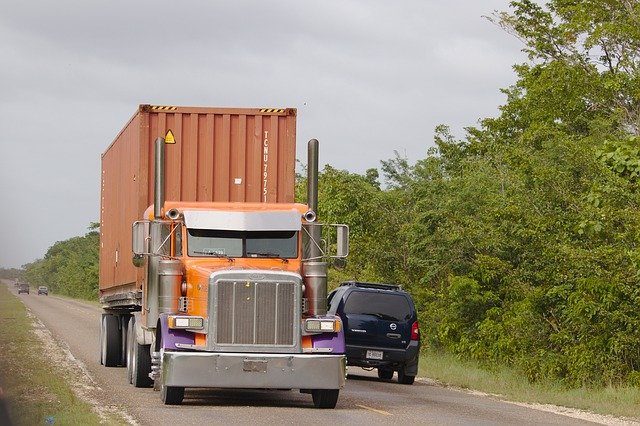
-
The Bureau of Customs will implement on March 30, 2021 a one-day dry run of its Automated Bonds Management System (ABMS) for transit cargoes
-
During the dry run, all electronic lodgment of transit goods declarations will require the attachment of bond policy at the Terms of Payment
-
The dry run ensures smooth re-implementation on April 5 of the ABMS for transit cargoes
-
The ABMS for transit cargoes is suspended from March 15 to April 4 to address technical and administrative issues
The Bureau of Customs (BOC) will implement on March 30, 2021 a one-day dry run to test its Automated Bonds Management System (ABMS) for transit cargoes.
During the dry run, all electronic lodgment of transit goods declarations will require the attachment of bond policy at the Terms of Payment (TOP), according to a memorandum dated March 25 by Assessment and Operations Coordinating Group deputy commissioner Edward James Dy Buco.
He said the dry run is meant to ensure smooth re-implementation on April 5 of the ABMS for transit cargoes.
“We will closely monitor this activity to ensure that all technical and administrative issues have been addressed before we resume the implementation. All issues encountered must be reported quickly to the Deputy Collector for Operations of the respective ports,” Dy Buco added.
In a text message, Dy Buco said the dry run covers ports nationwide and will continue despite the prevailing enhanced community quarantine in Metro Manila, Bulacan, Laguna, Cavite, and Rizal, collectively referred to as NCR (National Capital Region) Plus. NCR Plus was placed under ECQ from March 29 to April 4 to temper the surge in COVID-19 cases.
READ: Automated Bonds Management System suspended until Apr 4
The ABMS for transit cargoes is suspended from March 15 to April 4 in order to address technical and administrative issues.
The temporary suspension was put in place so as not to “affect the delivery of imported materials to Philippine Economic Zone Authority (PEZA)-registered enterprises due to errors encountered in the tagging of ‘Release’ in the system for transit shipments,” according to Office of the Commissioner (OCOM) Memo No. 49-2021 dated March 12.
These errors have caused delays in the tagging of shipments upon their arrival at the PEZA zones.
With implementation suspended, the ports will be conducting the manual processing and charging against the general transport security bond (GTSB).
Since March 1, all electronically lodged transit goods declarations are required to have an approved bond policy in the ABMS of BOC’s Electronic-to-Mobile (E2M) System.
ABMS is a BOC-wide system that handles the processing of bond transactions, monitors and manages bond balances, and flags bonds that have matured. ABMS was established under Customs Memorandum Order (CMO) No. 14-2012, which provides the procedures for implementing the ABMS in all customs ports.
CMO 30-2020, meanwhile, provides guidelines for implementing ABMS for the processing of GTSB, which is a form of security to guarantee payment of duties and taxes and other obligations to BOC. The CMO applies to all transit bond accounts opened under the E2M System in all collection districts, including sub-ports and other BOC offices.
Under CMO 30-2020, only the approved bond policy can be used in the TOP upon filing of the transit single administrative document (TSAD) in the E2M, and bond credit as payment instrument will be used. Upon registration of the TSAD, the ABMS will change the status of the bond policy to “Charged” if there is available fund balance.
All transit shipments transferred to Free Zones from the port of discharge must be tagged “Arrived” in the E2M Transit System by the authorized Customs officer in the following period:
- For single containers, within 24 hours from arrival of the shipment at the Free Zone
- For multiple containers, within 24 hours from arrival of the last container of the shipment at the Free Zone
Once the TSAD is tagged “Arrived” at the port of destination, the ABMS will automatically revert the amount charged to the original bond balance.
Any alarm raised in the Electronic Tracking of Containerized Cargo (E-TRACC) system must be reported, pursuant to CMO 04-2020, which establishes E-TRACC.
The E-TRACC, launched in May last year, is a web-based system that tracks the inland movement of containerized cargoes during transit and transfer to other customs territories and facilities.
Failure by the importer to have the GTSB-secured containers arrive on time at the designated destination without a valid reason is sufficient ground for the bond to be forfeited. – Roumina Pablo




